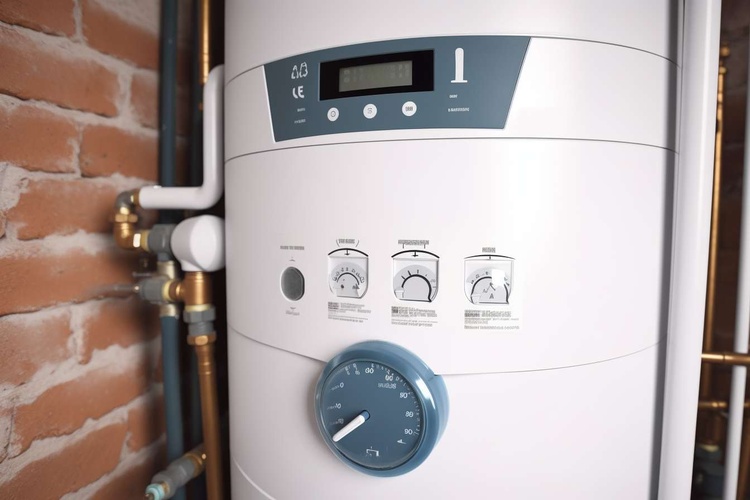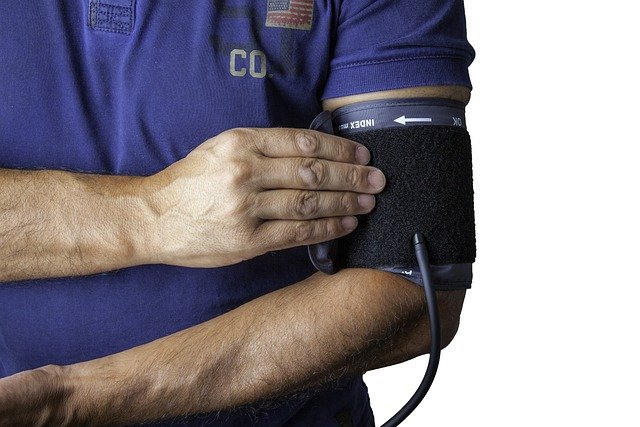Best Fitness Trackers for Your Health and Wellness Journey
Fitness trackers are gaining popularity among people who want to take control of their health and well-being. By tracking steps, heart rate, and sleep, these devices provide insights that help users build healthier habits. Choosing the right tracker starts with understanding your goals—whether you’re a casual walker, a dedicated runner, or someone seeking all-around wellness support. The market offers a wide range of options, from models with GPS and waterproofing to advanced devices that monitor stress and performance. There’s a tracker suited for nearly every lifestyle. Remember, fitness trackers are tools for personal monitoring and motivation, not medical devices, so consult a healthcare professional for medical advice. Interested in going further? Exploring different brands, features, and innovations can help you discover the perfect device for your journey to a healthier, more active life.

How do step-counting trackers enhance everyday activity?
Step-counting trackers are fundamental tools for individuals looking to increase their daily physical activity. These devices use accelerometers to detect movement and estimate the number of steps taken throughout the day. By providing real-time feedback on step count, distance traveled, and calories burned, step-counting trackers encourage users to be more active in their daily lives.
Many step-counting trackers also set personalized goals based on the user’s activity level and health objectives. This feature can be particularly motivating, as it allows individuals to track their progress and strive for incremental improvements over time. Additionally, some trackers offer reminders to move when extended periods of inactivity are detected, promoting a more consistent level of movement throughout the day.
What benefits do heart rate monitors offer cardio enthusiasts?
Heart rate monitors have become increasingly sophisticated, offering valuable insights for cardio enthusiasts and those focused on improving their cardiovascular health. These devices typically use optical sensors to measure blood flow and calculate heart rate in real-time. By tracking heart rate during exercise, users can ensure they are working out at the appropriate intensity for their fitness goals.
Many heart rate monitors also provide information on heart rate zones, helping users optimize their workouts for endurance, fat burning, or high-intensity interval training. Some advanced models even offer VO2 max estimates, which can be a useful indicator of overall cardiovascular fitness. For individuals with specific health concerns, continuous heart rate monitoring can also provide important data to share with healthcare providers.
How do GPS-enabled trackers enhance outdoor adventures?
GPS-enabled fitness trackers are invaluable tools for outdoor enthusiasts, offering precise tracking of routes, distances, and elevations during activities like running, cycling, or hiking. These devices use satellite technology to map users’ movements, providing accurate data on pace, distance covered, and terrain navigated.
Many GPS-enabled trackers also offer features like real-time navigation, which can be particularly useful for exploring new trails or unfamiliar areas. Some devices integrate with popular mapping applications, allowing users to plan routes in advance and receive turn-by-turn directions during their activities. For those interested in performance analysis, GPS trackers often provide detailed post-workout summaries, including maps of the route taken and breakdowns of pace and elevation changes.
How can sleep tracking devices optimize rest and recovery?
Sleep tracking devices have gained popularity as more people recognize the importance of quality sleep for overall health and wellness. These trackers typically use a combination of movement sensors and heart rate monitors to analyze sleep patterns, providing insights into sleep duration, quality, and cycles.
Many sleep tracking devices offer detailed breakdowns of sleep stages, including light sleep, deep sleep, and REM sleep. This information can help users understand their sleep patterns and make adjustments to improve sleep quality. Some trackers also provide sleep scores and personalized recommendations for optimizing sleep hygiene, such as suggesting consistent bedtimes or identifying environmental factors that may be disrupting sleep.
What insights do stress and wellness trackers offer for holistic health?
Stress and wellness trackers are designed to provide a more comprehensive view of an individual’s overall health by monitoring various physiological and behavioral indicators. These devices often track metrics such as heart rate variability, skin temperature, and respiratory rate to assess stress levels and overall well-being.
Many stress and wellness trackers offer guided breathing exercises and meditation sessions to help users manage stress and improve mental well-being. Some devices also provide mood tracking features, allowing users to log their emotional state and identify patterns or triggers that may impact their mental health. By offering a holistic approach to health monitoring, these trackers can help users develop a more balanced and mindful approach to their overall wellness.
How do fitness trackers compare in features and pricing?
Fitness trackers come in a wide range of models with varying features and price points. To help consumers make informed decisions, here’s a comparison of some popular fitness trackers:
| Product Name | Key Features | Cost Estimation |
|---|---|---|
| Fitbit Charge 5 | Heart rate monitoring, GPS, sleep tracking, stress management | $149.95 |
| Apple Watch Series 7 | Heart rate monitoring, GPS, ECG, sleep tracking, wide app ecosystem | $399 - $799 |
| Garmin Venu 2 | Heart rate monitoring, GPS, sleep tracking, stress tracking, animated workouts | $399.99 |
| Whoop Strap 4.0 | Continuous health monitoring, recovery tracking, no screen | $30/month subscription |
| Oura Ring Gen3 | Sleep tracking, activity monitoring, temperature sensing | $299 + $5.99/month subscription |
Prices, rates, or cost estimates mentioned in this article are based on the latest available information but may change over time. Independent research is advised before making financial decisions.
Choosing the right fitness tracker depends on individual needs, preferences, and budget. While basic step-counting trackers can be found at lower price points, more advanced models with features like GPS, heart rate monitoring, and stress tracking tend to be more expensive. Some devices also require ongoing subscriptions for full access to data and insights, which should be factored into the overall cost consideration.
In conclusion, fitness trackers offer a wide array of features to support various aspects of health and wellness. From simple step counters to comprehensive wellness monitors, these devices can provide valuable insights and motivation for individuals on their health and fitness journeys. As technology continues to advance, fitness trackers are likely to become even more sophisticated, offering increasingly personalized and actionable health data.
This article is for informational purposes only and should not be considered medical advice. Please consult a qualified healthcare professional for personalized guidance and treatment.




